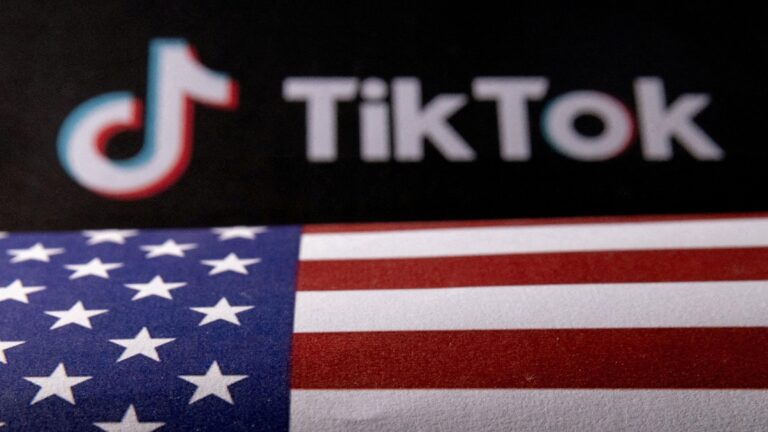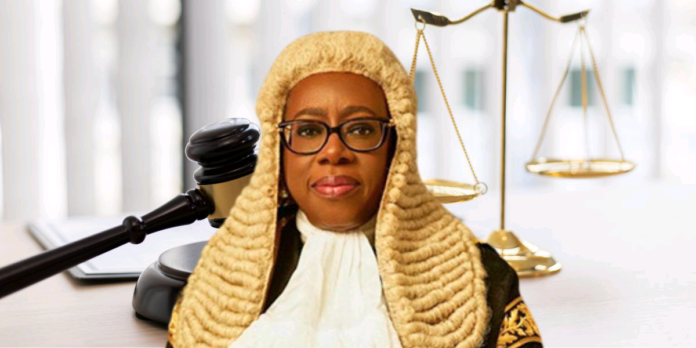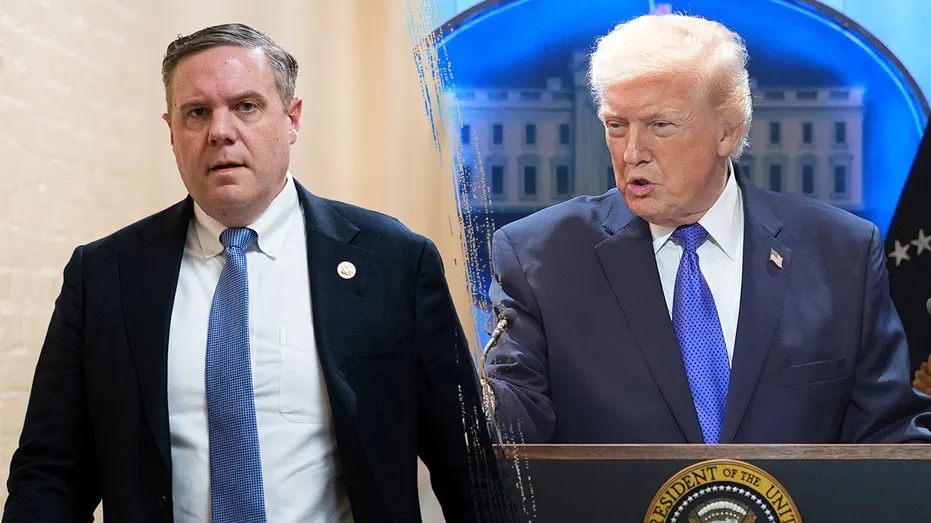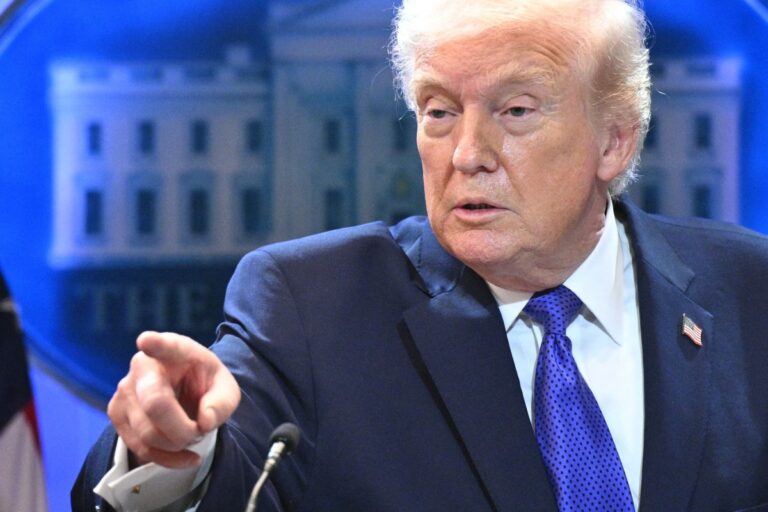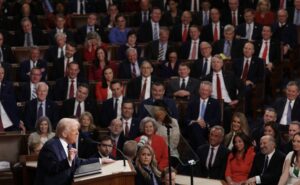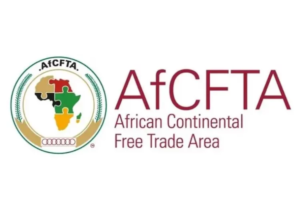ByteDance, the Chinese parent company of TikTok, has firmly stated that it has no plans to sell the popular video-sharing app, despite recent legislation in the US that would mandate such a sale or risk a ban in America. The announcement was made on ByteDance’s official account on Toutiao, a social media platform it operates. While TikTok has not yet responded to requests for comment from the BBC, earlier this week, the app announced its intention to challenge the constitutionality of the law in court.
ByteDance’s statement was prompted by an article published on the technology industry website The Information, which suggested that the company was considering the sale of TikTok’s US operations without its proprietary algorithm. In response, ByteDance categorically denied these reports, stating that the claims of a potential sale were false. The company emphasized this stance by sharing a screenshot of The Information’s article with the Chinese characters for “false rumor” stamped on it.
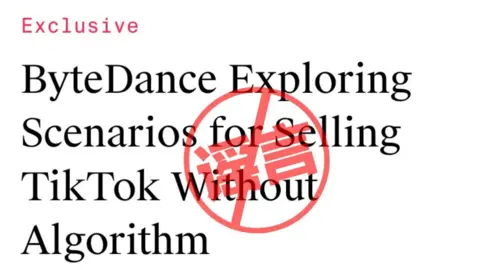
US President Joe Biden signed the sell-or-ban measure into law on Wednesday, reflecting growing concerns in Western countries about the Chinese Communist Party’s influence over private companies like ByteDance and the data they handle. Despite TikTok’s repeated denials of Chinese government control, these concerns persist. In response, TikTok’s CEO Shou Zi Chew expressed confidence in the platform’s legal stance, reassuring users that they would continue to fight for their rights in court. He emphasized that TikTok remained committed to its users and asserted that both facts and constitutional principles were on their side.
TikTok has disclosed its ownership structure, revealing that the Chinese founder of ByteDance holds a 20% stake, granting him control over the company. Institutional investors, including prominent US firms like Carlyle Group, General Atlantic, and Susquehanna International Group, own about 60% of the shares. The remaining 20% is distributed among TikTok’s global employees. Additionally, three of ByteDance’s five board members are American. Despite concerns raised by Western countries about Chinese government influence, the Chinese government has dismissed these worries as unfounded paranoia. It has warned that any attempt to ban TikTok in the US could have negative repercussions for the US. However, there is no immediate threat of a ban on TikTok in the US. The new law provides ByteDance with nine months to divest the business, with an additional three-month grace period before a potential ban can be enforced. This timeline suggests that the sale deadline is likely to fall in 2025, following the next presidential election.

